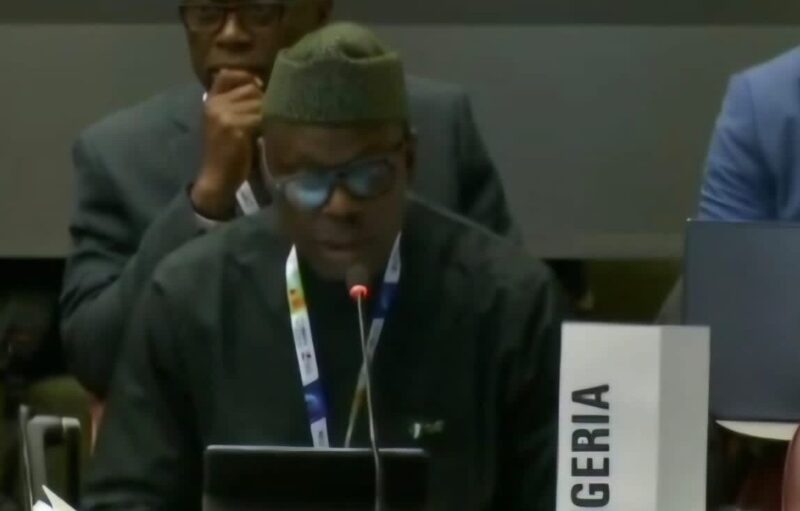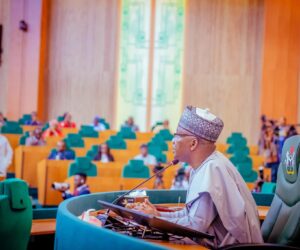The Nigerian government has reported significant progress in tobacco control, with new data indicating declines in tobacco use nationwide.
The Minister of State for Health and Social Welfare, Iziaq Salako, disclosed this while delivering Nigeria’s statement at the 11th Session of the Conference of the Parties (COP11) to the World Health Organisation Framework Convention on Tobacco Control (WHO FCTC), in Geneva on Monday.
Mr Salako said the country has strengthened its tobacco enforcement measures, noting that Nigeria’s Federal Competition and Consumer Protection Commission (FCCPC) recently imposed a $110 million fine on British American Tobacco Nigeria (BATN).
He stated that the penalty resulted from multiple breaches of the National Tobacco Control Act, its regulations, and other consumer protection laws.
He said the decision sends a strong message that the tobacco industry must bear responsibility for actions that undermine public health.
He reaffirmed the country’s commitment to a tobacco-free future and its alignment with the African Group.
BATN is the local subsidiary of British American Tobacco, one of the world’s largest multinational tobacco companies.
Data Collection
Mr Salako announced that Nigeria has completed data collection and analysis for the second round of the Global Adult Tobacco Survey (GATS 2025), the country’s first update since 2012.
The new findings, he said, reveal a notable decline in daily tobacco use among adults, reflecting the impact of national policies, enforcement actions and public health awareness campaigns.
The survey also found that pictorial health warnings are increasingly effective, with the proportion of smokers considering quitting due to graphic warnings rising from 26.7% in 2012 to 43.3% in 2025. Exposure to second-hand smoke in homes and public places has also declined significantly.
Mr Salako commended the leadership of the COP11 secretariat for convening the global meeting and noted that Nigeria has accelerated critical tobacco control reforms since COP10 in 2024.
Tobacco control framework
Speaking on strategies, Mr Salako outlined new strategic instruments designed to fast-track implementation of the National Tobacco Control Act (2015) and its Regulations (2018), including the National Tobacco Control Strategic Plan of Action (2024–2028), the National Tobacco Control Communication Strategy (2024–2028), and the National Tobacco Control Enforcement Plan (2024–2028).
He said these frameworks are strengthening surveillance, compliance and multisectoral collaboration across government institutions.
Mr Salako added that Nigeria’s National Film and Video Censors Board (NFVCB) has implemented new regulations enforcing a comprehensive ban on Tobacco Advertising, Promotion and Sponsorship (TAPS) across films, music videos, television and digital platforms.
He described the action as a bold and historic step to advance Article 13 of the WHO FCTC and curb indirect promotion of tobacco products.
READ ALSO: Nigeria loses 60,000 lives to antimicrobial resistance every year- WHO
Renewed global commitment
Reflecting on the COP11 theme, “Healthy planet, healthy future: uniting for a tobacco-free generation,” Mr Salako highlighted the importance of renewed global commitment as the WHO FCTC marks its 20th anniversary.
He said the milestone offers an opportunity to further prevent non-communicable diseases and reduce the environmental harm caused by tobacco.
Despite the progress recorded, Mr Salako acknowledged challenges, including subnational enforcement gaps, the spread of emerging nicotine products and persistent interference from the tobacco industry.
He reaffirmed that Nigeria remains unwaveringly committed to the WHO FCTC and will continue to seek international collaboration, technical support and knowledge exchange to advance tobacco control efforts.










